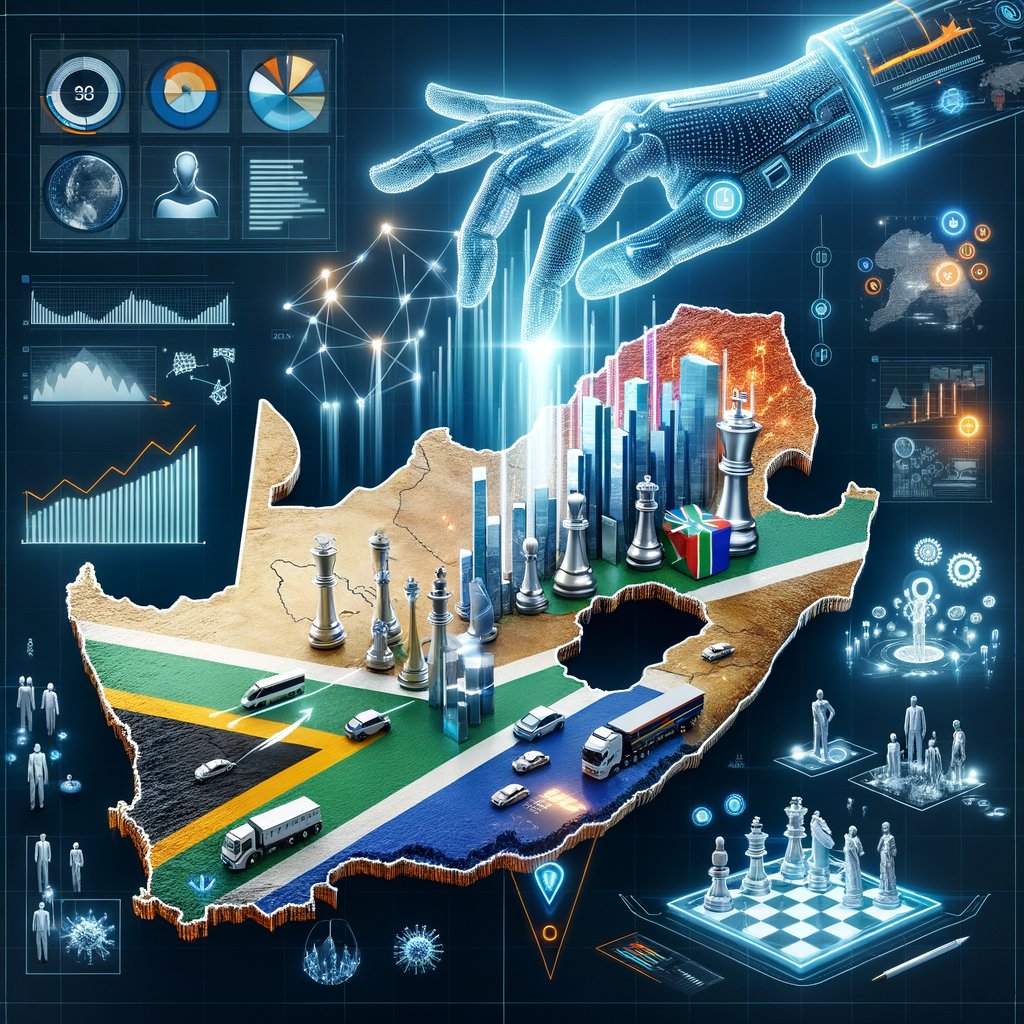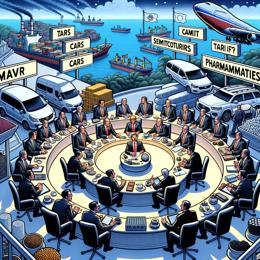Image created by AI
Phil Craig and the Referendum Party's Ambitious Push for Western Cape Autonomy
Amid the complex political landscape of South Africa, a new focal point of debate has emerged—Cape Independence. Riding the wave of this movement is Phil Craig and his Referendum Party, which, despite modest beginnings, persist in their campaign for advancing the autonomy of the Western Cape. Craig’s initiative represents more than a political anomaly; it's a deep-seated expression of regional dissatisfaction blended with pragmatic governance proposals, reflecting a unique inflection point in South African politics.
The Referendum Party, formed as a counter-response to what Craig perceives as the Democratic Alliance's (DA) deficiencies, represents a bold critique of the existing political alliance's failure to leverage the Western Cape's robust economic contributions adequately. Despite the party only securing a little over 7,000 votes in their first electoral outing, Craig’s vision outlines a Western Cape that accrues economic benefits directly proportional to its contributions, estimated at a net positive of R300 billion annually.
Craig’s disdain for the status quo highlights several governance challenges, notably in sectors like education where impending budget cuts threaten significant layoffs. Additionally, he criticizes the limited regional control over vital services such as policing and public transport, which he argues suffer from mismanagement under the distant oversight of national agencies.
The Referendum Party's strategy centers on a legal and peaceful push towards increasing federalism. By advocating the province's right to manage its taxation, law enforcement, and transportation infrastructure directly, Craig believes the Western Cape can serve as a testament to the viability of localized governance.
Skeptics view the prospect of Cape Independence as unattainable, citing the entrenched powers of the current national government and the potential political and economic ramifications of such a separation. Furthermore, despite resonating with a substantial segment of the colored community in the Western Cape, converting this support into political capital remains challenging.
The upcoming steps for the Referendum Party include orchestrating a private, albeit symbolic, referendum to boost public support and pressure governmental structures. By aligning with other regional self-determination movements, Craig envisions a reformed national landscape where federal units operate with greater autonomy.
As South Africa confronts broader national crises, including economic stagnation and political turbulence, the dialogue surrounding decentralized governance and regional autonomy spearheaded by Craig’s Referendum Party could potentially attract greater public and political interest. Moving forward, the persistence of these ideals will test the resilience and adaptability of both the proponents of Cape Independence and the broader South African political framework.










